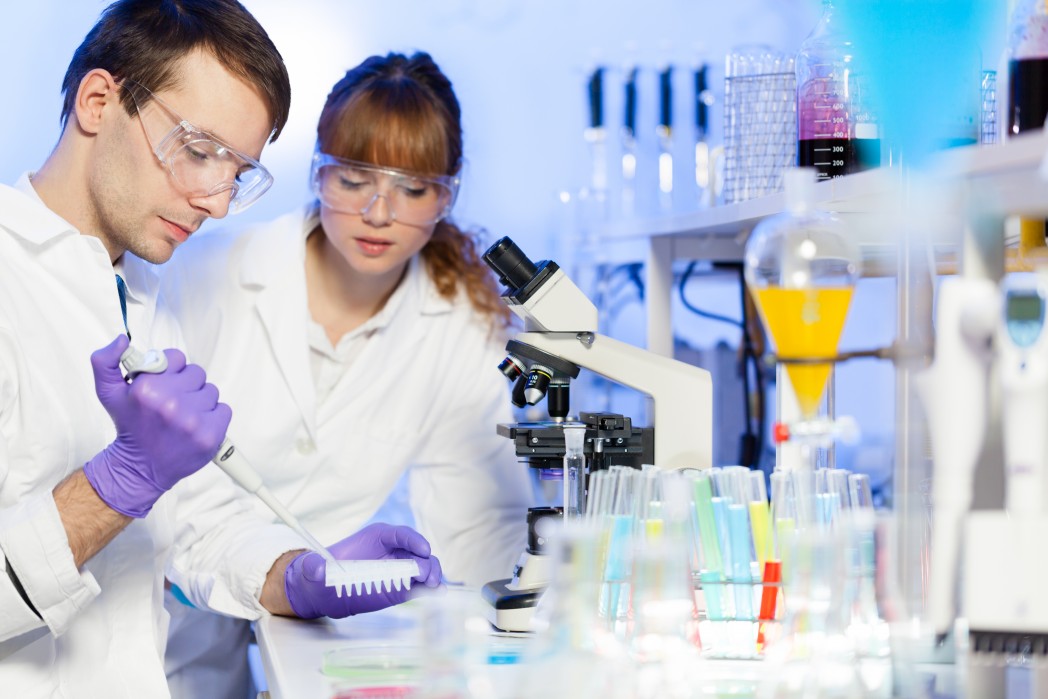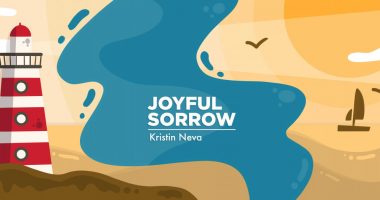Johns Hopkins, Cedars-Sinai, and Massachusetts General Partner in Largest Project for Answer ALS

Three prominent health institutions have recently come together to form the country’s largest coordinated and comprehensive initiative against amyotrophic lateral sclerosis (ALS). Last week, Johns Hopkins University’s Robert Packard Center for ALS Research, Cedars-Sinai Medical Center’s Regenerative Medicine Institute and the Massachusetts General Hospital Neurological Clinical Research Institute officially launched a joint ALS research project under Answer ALS, which commits itself to:
- Discover what causes ALS;
- Develop sophisticated human cell models to understand ALS and screen for drug and cellular therapies;
- Initiate individualized ALS therapy programs based on patients’ own cellular data from brain cells;
- Discover therapies that could substantially slow, halt and ultimately cure ALS; and
- Provide all gathered information free for worldwide use by clinicians, scientists and pharma to rapidly advance therapeutics.
Answer ALS was originally founded from the 2013 ALS Team Gleason Summit, where some of the most accomplished researchers and members of the ALS community gathered in honor of NFL player Steve Gleason who is currently fighting his own battle with ALS. “This is an unprecedented approach to understanding and defeating disease,” said Dr. Jeffrey Rothstein, Director of the Brain Science Institute and the Robert Packard Center for ALS Research at Johns Hopkins University and the Executive Director of Answer ALS. “This project will bring together world-renowned ALS research scientists to work against an aggressive timeline for understanding, treating and eventually finding a cure for this disease. The substantial initial funding from these generous supporters is a critical step forward in our effort to provide hope to those affected by ALS.”
“We are combining big data, comprehensive biological analytics, technology and science in a way that would not have been possible a decade ago,” said Clive Svendsen, PhD, Director of the Regenerative Medicine Institute at Cedars-Sinai Medical Center and Co-Director of Answer ALS. “What is so exciting and important is that all of this data will be made publicly available with free, open access to the ALS research community, so that we can make faster and greater strides together to find a cure for this disease.”
“By leveraging clinical and sample data collection systems built by the Northeast ALS Consortium (NEALS) with the support of the ALS Association and ALS Finding a Cure Foundation, enrollment of participants and sharing of data and samples will be accelerated,” said Merit Cudkowicz, MD, Chief of Neurology and Co-Director of the Neurological Clinical Research Institute at Massachusetts General Hospital and Co-Director of Answer ALS. “In partnership with our patients, their families and our NEALS research ambassadors, this collaborative project will accelerate finding treatments for people with ALS.”
Together, these institutions will help create the most extensive ALS database to date, including vital information on clinical, chemical, genetic, protein, historical and biological patient data from across the US. Using machine learning and large-scale data technology, the data gathered will be used to shed light on what exactly causes ALS, its subtypes, abnormal pathways, and potential drug targets. This comprehensively amassed information will serve as an indispensable resource for future clinical trials, and facilitate better monitoring of the effectiveness of newly developed therapeutics.
The Leandro P. Rizzuto Foundation and the Robert Packard Center for ALS Research were successful in raising $20 million for Answer ALS, with initial stakeholders being the National Football League, the PGA TOUR, Leandro P. Rizzuto Foundation’s own ALS Finding a Cure project, Travelers, The Fishman Family and The Bari Lipp Foundation. These generous donations will go a long way for the Answer ALS project in the next few months, as the first phase of the program is expected to cost $25 million.






